
Find Help
More Items From Ergsy search
-

Will the Trump Tariffs affect my business?
Relevance: 100%
-
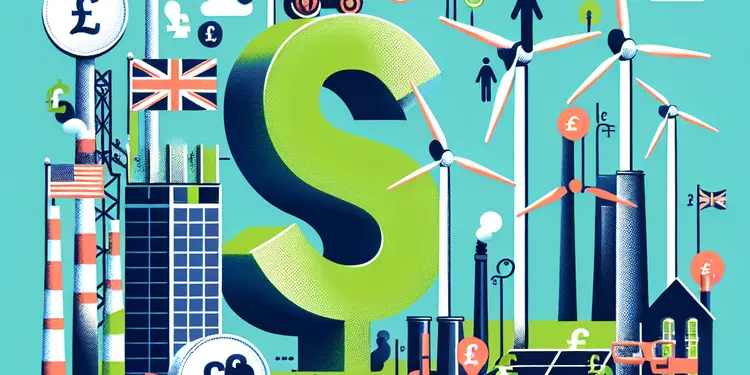
What are green tariffs?
Relevance: 46%
-

Are green energy tariffs more expensive than standard tariffs?
Relevance: 46%
-
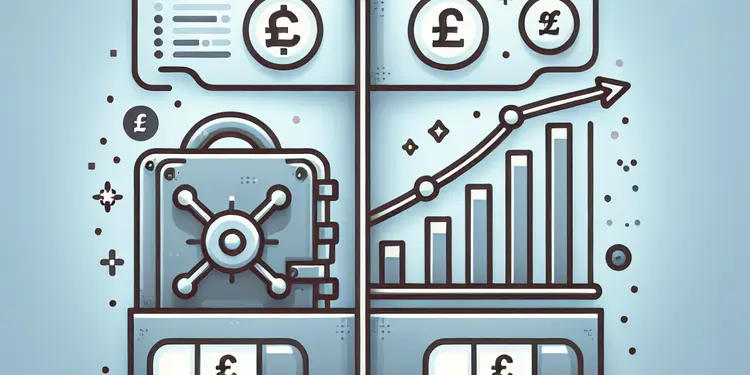
Can fixed-rate tariffs offer better price stability compared to variable tariffs?
Relevance: 44%
-

Are prepayment electricity tariffs more expensive?
Relevance: 42%
-

Do electricity tariffs vary within the same energy company?
Relevance: 40%
-

Does the energy price cap apply to all energy tariffs?
Relevance: 37%
-

How does the energy price cap affect green energy tariffs?
Relevance: 37%
-
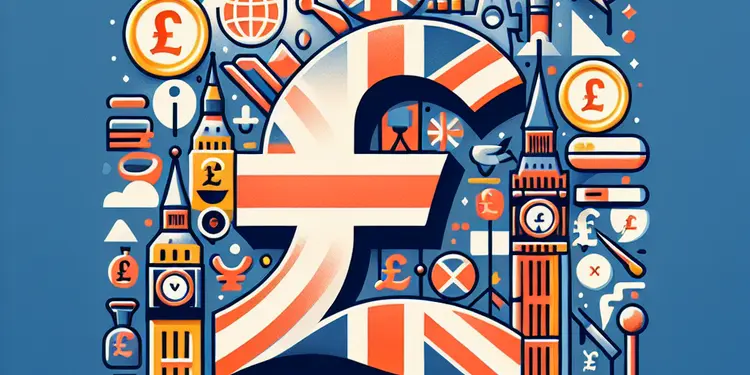
When did the US officially announce its departure from the WHO?
Relevance: 22%
-

Do all UK energy companies charge the same for electricity?
Relevance: 21%
-

Do all UK energy companies cahrge the same for electricity
Relevance: 21%
-

Can I still save money by switching suppliers if the price cap is in place?
Relevance: 20%
-

Is the energy price cap the same for everyone?
Relevance: 20%
-

How does the energy price cap affect my energy bills?
Relevance: 20%
-

What is the energy price cap?
Relevance: 19%
-
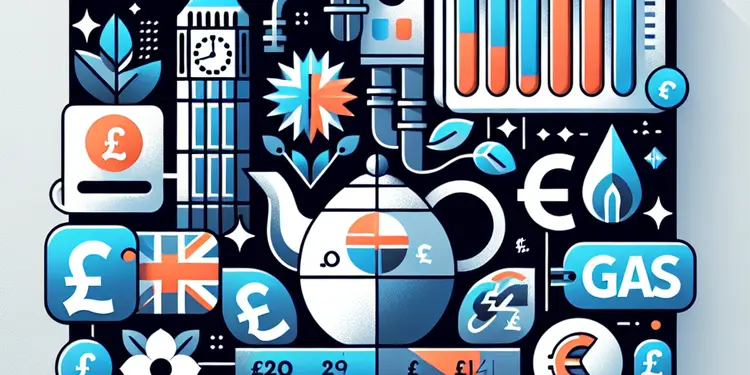
How can I compare prices among different energy suppliers?
Relevance: 18%
-
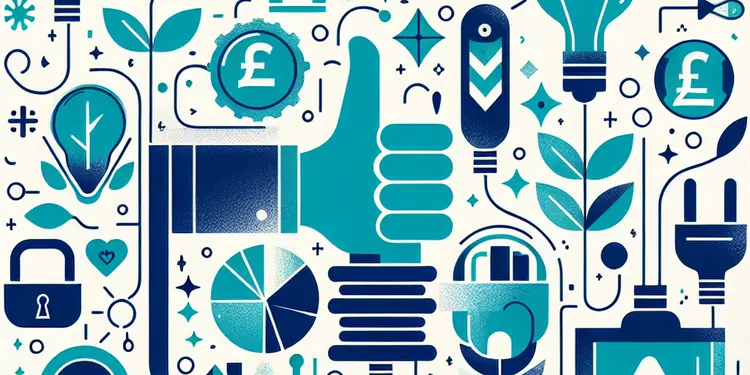
How can I ensure I'm getting the best electricity deal in the UK?
Relevance: 18%
-

What is the UK's energy price cap?
Relevance: 18%
-

What is the Energy Price Cap in the UK?
Relevance: 18%
-

Does the energy price cap apply to prepayment meters?
Relevance: 18%
-

Does the energy price cap guarantee my total bill?
Relevance: 18%
-

Are energy prices regulated in the UK?
Relevance: 18%
-
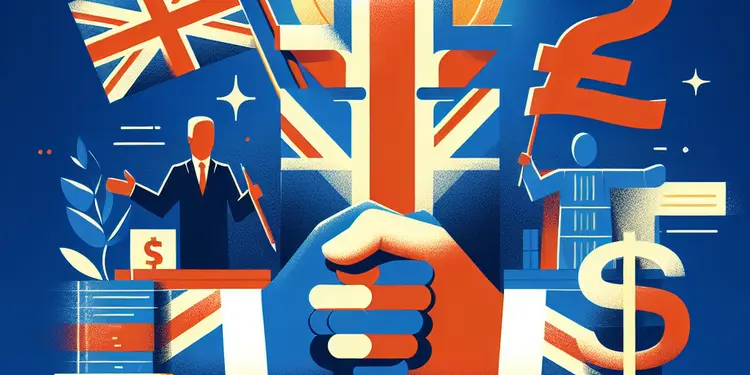
Why did the US decide to leave the World Health Organization (WHO)?
Relevance: 17%
-
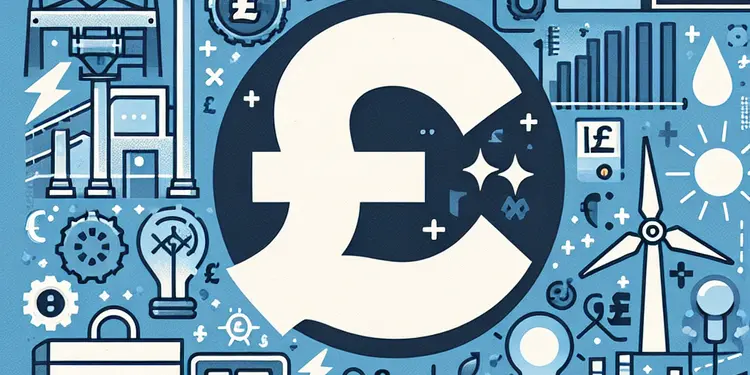
How often can I switch energy suppliers?
Relevance: 17%
-

Where can I find more information about the energy price cap?
Relevance: 17%
-

Can energy suppliers charge less than the price cap?
Relevance: 16%
-

Can the energy price cap go down as well as up?
Relevance: 16%
-

What is a standard variable tariff, and how does it affect electricity pricing?
Relevance: 16%
-

Is there a minimum time that must be served with an indefinite sentence?
Relevance: 15%
-

Why was the energy price cap introduced?
Relevance: 15%
-
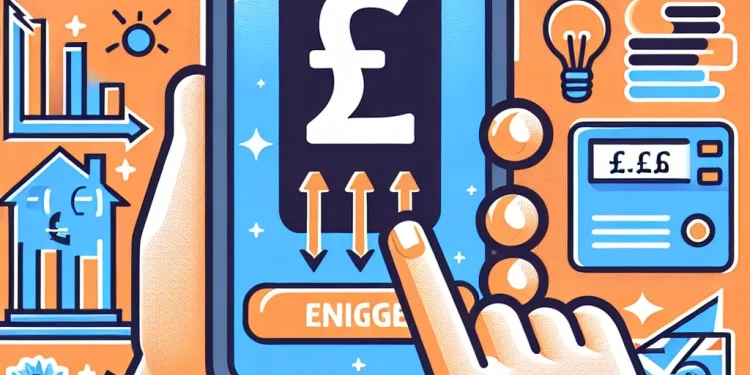
What happens if my energy supplier charges above the price cap?
Relevance: 15%
-

How is the energy price cap calculated?
Relevance: 15%
-

When was the energy price cap introduced?
Relevance: 15%
-
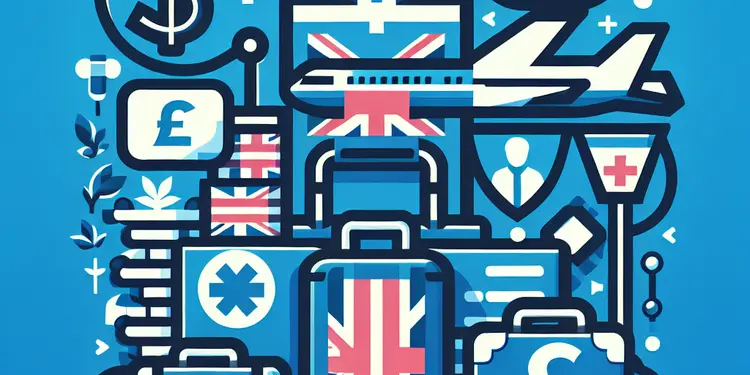
Why has the US left the World Health Organisation (WHO) ?
Relevance: 14%
-
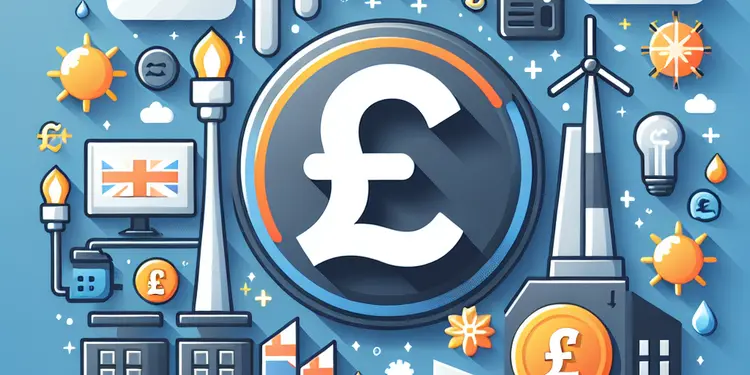
How can I choose the right energy supplier?
Relevance: 13%
-

How can I choose the right energy supplier?
Relevance: 13%
-

Has the US ever left an international organization like WHO before?
Relevance: 13%
-

How often is the energy price cap reviewed?
Relevance: 13%
-
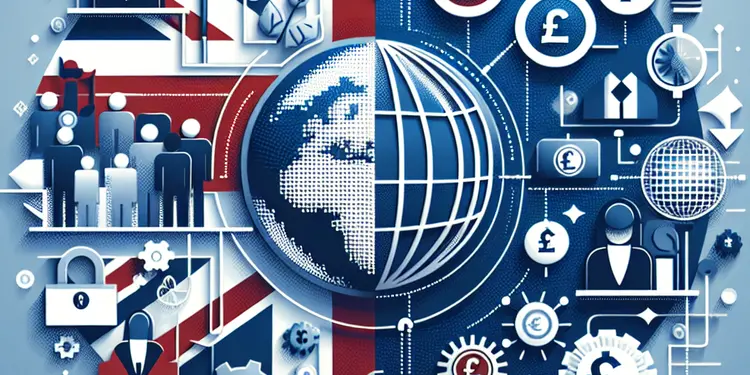
What were the reasons given by the US leadership for leaving WHO?
Relevance: 12%
-

Did Congress support the decision to leave the WHO?
Relevance: 12%
Understanding Trump Tariffs
The Trump tariffs refer to a series of U.S. tariffs imposed beginning in 2018 under the administration of President Donald Trump. These tariffs primarily targeted goods imported from China, but also affected imports from other trading partners, including the European Union. The aim was to reduce the U.S. trade deficit and encourage domestic manufacturing. However, as with any international economic policy, these tariffs have widespread implications beyond the borders of the United States.
Impact on UK Businesses
UK businesses, especially those involved in international trade, may feel indirect effects from the Trump tariffs. While the tariffs are directly imposed on the U.S. border, they can influence global trade patterns. For instance, if the demand for Chinese goods decreases in the U.S., it might drive those Chinese products to other markets, increasing competition elsewhere, including the UK.
Additionally, American tariffs on the EU goods mean that products from certain sectors within the EU may have reduced access or are subject to higher costs in the U.S. market. This could affect UK businesses that are part of supply chains linked to the EU, potentially decreasing demand for certain UK exports indirectly related to affected EU goods.
Sectors Most Likely Affected
Some sectors within the UK might experience more substantial impacts. Manufacturing sectors that are dependent on the export of goods to the U.S. might face changes in demand if their products are viewed as substitutes for tariffed goods. Conversely, those reliant on materials or goods imported from the U.S. that have become pricier due to reciprocal tariffs in trade wars might face cost increases.
The technology sector, which often experiences the ripple effects of tariffs intended for electronics and intellectual properties, may need to brace for supply chain recalibrations. Similarly, the automotive industry could be impacted, particularly if intermediate goods and components face increased tariffs or supply chain disruptions.
Strategies for Mitigation
UK businesses can mitigate potential negative impacts by diversifying supply chains to avoid over-reliance on a single market. Exploring alternative suppliers or markets can reduce vulnerability to international tariffs. Businesses should consider increasing efficiency in their operations to absorb any increased costs without passing it onto consumers.
Furthermore, keeping abreast of international trade developments is crucial. Engaging with trade associations or industry bodies could provide valuable insights and support in navigating these changes. Companies may also look into government support systems or trade agreements aimed at alleviating the effects of international tariffs.
Conclusion
While the Trump tariffs are primarily aimed at U.S. trade partners, their impact is felt worldwide, including the UK. Businesses are encouraged to closely monitor these developments, assess how they might be affected, and implement strategic measures to minimize potential adverse impacts. Staying informed and adaptable is key to navigating the evolving landscape of international trade.
Understanding Trump Tariffs
Trump tariffs are taxes on goods that started in 2018 when Donald Trump was President of the U.S. These taxes mostly affected products coming from China, but they also affected products from other places like the European Union. The goal was to help U.S. factories and reduce buying too much from other countries. But these taxes have effects all around the world, not just in the U.S.
Impact on UK Businesses
UK businesses, especially those buying and selling with other countries, might feel some changes because of Trump tariffs. Even though the taxes are in the U.S., they change the way the world trades. When the U.S. buys less from China, China might sell more to other countries, like the UK, which means more competition.
Also, U.S. taxes on EU products can make it harder for EU businesses to sell to the U.S. UK businesses that work with EU companies could be affected if the demand for their products changes.
Sectors Most Likely Affected
Some parts of UK business might be affected more than others. Factories that sell to the U.S. might see changes if their products are similar to those with new taxes. Businesses that buy costly materials from the U.S. might see their costs go up.
The technology and car industries might also see changes if they depend on parts or products that face new taxes or supply problems.
Strategies for Mitigation
UK businesses can avoid problems by finding different places to buy from or sell to, so they do not depend too much on one country. They can also try to make operations cheaper to deal with higher costs.
Keeping up with news about world trade is important. Joining groups or working with industry experts can help businesses understand and cope with changes. Businesses might also look for government help to deal with these taxes.
Conclusion
Trump tariffs mainly target U.S. trading friends, but they affect everyone, including the UK. UK businesses should watch the situation closely, think about how it affects them, and plan smart steps to handle any problems. Staying informed and ready to change is important to handle changes in world trade.
Frequently Asked Questions
What are the Trump Tariffs?
The Trump Tariffs refer to a series of tariffs imposed during Donald Trump's presidency, primarily targeting imports from China, as well as steel, aluminum, and other products from various countries.
How can I determine if my business is affected by the Trump Tariffs?
You can determine if your business is affected by checking if your imported goods are on the tariff list and assessing any increases in costs or changes in supply chain.
Which sectors are most impacted by the Trump Tariffs?
Sectors such as agriculture, manufacturing, and technology have been notably impacted by the Trump Tariffs.
Have the Trump Tariffs been lifted?
As of the latest data, some tariffs remain in place, though there have been negotiations and adjustments over time.
How do tariffs generally affect small businesses?
Tariffs can increase the cost of imported goods, leading to higher expenses and potentially reduced competitiveness for small businesses.
What should I do if my supply chain is disrupted by the Trump Tariffs?
Consider exploring alternative suppliers, renegotiating contracts, or adjusting pricing models to mitigate the impact of the tariffs.
Can I get an exemption or refund for the tariffs?
A possible exemption or refund might be available in certain cases, and you should check with the relevant government agencies for eligibility and application procedures.
How do tariffs impact pricing strategies for businesses?
Businesses may need to adjust their pricing strategies to account for increased costs due to tariffs, potentially passing some of the costs onto consumers.
Are there any benefits to the Trump Tariffs for local businesses?
Tariffs can offer some protection to domestic industries by making imported goods more expensive, potentially encouraging consumers to buy local alternatives.
What is the long-term impact of the Trump Tariffs on businesses?
The long-term impact can include changes in supply chains, shifts in economic relations, increased production costs, and possible alterations in market strategy.
Will the tariffs affect my business if I only sell domestically?
Even if your business sells domestically, you may be affected indirectly through increased prices for raw materials or components that are subject to tariffs.
How can I calculate the financial impact of tariffs on my business?
You can calculate the impact by examining tariff rates on your specific imports, estimating the increased costs, and projecting any changes in sales volume.
What are some strategies to mitigate tariff impacts?
Strategies include diversifying suppliers, increasing inventory management efficiency, exploring new markets, and negotiating better terms with existing suppliers.
Is it possible to challenge the tariffs legally?
Businesses can seek legal counsel to explore any applicable legal avenues, such as challenging the tariffs through trade courts or international bodies.
Have there been any changes to the Trump Tariffs under the current administration?
The current administration may have reviewed and adjusted some of the tariffs, but many remain in place while negotiations continue.
Do the Trump Tariffs apply to services or only goods?
The Trump Tariffs generally apply to goods and not services, though there may be indirect effects on services related to tariffed goods.
How do I find out if a specific product is subject to the Trump Tariffs?
You can consult the United States International Trade Commission (USITC) or the Harmonized Tariff Schedule to check if a specific product falls under the tariffs.
Are there any government resources to help businesses affected by tariffs?
Yes, there are resources available from agencies like the Small Business Administration (SBA) that may offer guidance and support for affected businesses.
Can I negotiate tariff costs with suppliers?
While you cannot negotiate the tariff rates themselves, you may be able to negotiate pricing with suppliers to share the cost burden.
How do tariffs affect international trade negotiations?
Tariffs often play a significant role in trade negotiations, impacting diplomatic relations, trade deals, and global market dynamics.
What are the Trump Tariffs?
Sometimes, countries charge extra money on things they buy from each other. This extra money is called a "tariff."
When Donald Trump was the president, he made new tariffs. People call these the "Trump Tariffs." Trump wanted to help American companies and workers by doing this.
If you want help reading, you can use tools like audiobooks or ask someone to read with you. Drawing pictures or using simple words can also help you understand better.
The Trump Tariffs are extra taxes. They were put in place when Donald Trump was president. These taxes make things from other countries more expensive to buy. Most of these taxes were on things from China, steel, aluminum, and other stuff from different places.
How can I tell if my business is affected by the Trump Tariffs?
Here is how you can find out:
- Know what products you sell. Are these products from other countries?
- Check if your product is on a list of items with tariffs. You can ask for help to find this list online.
- Talk to a business advisor or a tax expert. They can help you understand more.
- Use online tools or apps that explain tariffs easily.
Ask for help if you are confused. It is okay to ask questions!
To find out if your business is affected, check if the things you bring from other countries are on a special list. See if costs have gone up or if there are any changes to how you get your supplies.
Which Businesses are Most Affected by the Trump Tariffs?
Trump Tariffs are extra charges on some goods from other countries.
These are the businesses most affected:
- Steel and Metal Factories: They pay more for metal.
- Car Makers: It costs more to make cars.
- Farmers: They sell less food to other countries.
If you find this hard to read, you can try these tips:
- Ask someone to read it with you.
- Use a reading app to read it out loud.
- Break it into small parts and read each slowly.
Areas like farming, making things in factories, and computers have been affected by the Trump Tariffs.
Are the Trump Tariffs Gone?
Right now, some taxes on goods (called tariffs) still exist. These have changed a little bit because people talked about them and made some changes.
How do tariffs affect small businesses?
Tariffs are a type of tax on goods coming from other countries. They can make things cost more for small businesses.
Here are some ways tariffs can affect small businesses:
- **Higher Costs:** Small businesses might have to pay more money to get products from other countries.
- **Price Increase:** With higher costs, small businesses might need to raise their prices.
- **Less Choice:** Tariffs can make it harder to get certain products, so there might be fewer choices.
- **Help Needed:** Small businesses can use tools like price calculators or ask for advice from experts.
Using simple tools or asking for help can make things easier for small businesses dealing with tariffs.
Taxes on goods from other countries can make things cost more. This can make it hard for small businesses to keep prices low and compete with others.
Helpful tools: - Use a calculator to track expenses. - Use a budget plan to manage money. - Ask for advice from a business helper or mentor.
What can I do if the Trump Tariffs cause problems for my supply chain?
If the Trump Tariffs make it hard for you to get supplies, here are some things you can try:
- Talk to the people where you get your supplies. See if they have other ways to help you.
- Look for new places to get your supplies from.
- Think about getting supplies from places not affected by the tariffs.
- Ask for help from experts who understand tariffs and supply chains.
- Use charts or drawings to plan your supply needs.
If you need help reading, try using audiobooks or talk-to-text tools.
Try looking for different companies to buy from. You can also talk to people you have deals with to make them better for you. Changing how you set prices can also help you deal with the tariffs.
Can I get my money back or not have to pay for tariffs?
You might be able to get a refund or not have to pay in some cases. To find out if you can, talk to the right government office. They will tell you if you can get it and how to apply.
How do tariffs change how businesses set prices?
Tariffs are taxes on goods from other countries. They can make things cost more. When a business buys things from other countries, they might have to pay these taxes.
If tariffs go up, businesses might have to change their prices. They might sell things for more money to pay for the extra costs.
To help understand tariffs, you can:
- Look at pictures or videos that explain tariffs.
- Use apps or websites that simplify the news about tariffs.
- Ask someone you trust to explain it to you with examples.
Businesses might need to change how they set their prices because costs have gone up due to tariffs. They might have to ask customers to pay a bit more.
Do the Trump Tariffs help local businesses?
The Trump Tariffs are extra taxes on goods from other countries. Let's find out if this helps local businesses.
Simple Explanation: Sometimes, when businesses in our country do not have to compete with cheaper products from other countries, they can sell more of their own products. This might be good for local businesses.
Things That Help Understand: - Use pictures or videos to see how tariffs work. - Talk to someone about what tariffs mean. - Use apps or tools that read the text out loud.
Tariffs are like extra costs added to things brought in from other countries. This can help local businesses because it makes the stuff from other countries more expensive to buy. Then, people might choose to buy things made here instead.
How do the Trump Tariffs affect businesses over a long time?
The Trump Tariffs are extra money that businesses have to pay when they bring products into the country. Let's look at what might happen to businesses because of this:
- Businesses might have to pay more money, which can make things they sell more expensive.
- Some businesses might try to buy things from other countries that don't have these extra costs.
- If things cost more, people might buy less, and this can affect how much a business earns.
Helpful tools for understanding this might include:
- Using pictures or videos to see how tariffs work.
- Asking a teacher or friend to explain difficult words.
The changes over a long time can be big. This might mean we get things in different ways, change how countries work together with money, and it could cost more to make things. Plans for selling things might change too.
Will tariffs change my business if I only sell in my own country?
Tariffs are like extra taxes on things from other countries. If you only sell things in your own country, tariffs might not affect you directly. But costs could change on things you need to buy from abroad.
If you are unsure, you could talk to a business advisor or use online tools to help understand tariffs better.
Even if your business only sells things in your own country, prices for the parts or materials you need might go up. This can happen because of tariffs, which are like extra taxes on items from other countries.
How can I find out what tariffs cost my business?
You can find out how much tariffs will cost you by doing a few things:
1. Look at the tariff rates for what you are bringing into the country.
2. Figure out how much more money you will need to pay because of these tariffs.
3. Think about if you will sell more or less because of the new costs.
Using tools like a calculator or spreadsheet can help!
How can we handle the effects of tariffs?
Here are some ways to make things better:
- Get supplies from different places.
- Keep track of what you have in stock.
- Look for new places to sell or buy things.
- Talk to people you buy from to get better deals.
You can use lists, like this one, to make things clearer. Asking someone for help or using pictures can also make it easier to understand.
Can you take tariffs to court?
Businesses can ask a lawyer for help. They might find ways to fight the new trade rules in special courts or with international groups.
Has the new president changed the Trump Tariffs?
The new president is in charge now. Have they made any changes to the Trump Tariffs? Tariffs are like taxes on things coming from other countries. You can use tools like picture cards or story maps to understand better.
The people in charge are looking at and changing some of the fees on goods from other countries. But many fees are still there because they are talking about how to make things fair.
Do the Trump Tariffs affect services or just goods?
The Trump Tariffs are special taxes on items from other countries. Here is what you need to know:
- Goods: These are things you can touch and hold, like toys or cars.
- Services: These are actions or work someone does for others, like fixing a car or teaching a lesson.
The Trump Tariffs only affect goods. They do not affect services. So, if you are buying things from another country, the tariffs might make them cost more. But if you are buying a service, these tariffs do not apply.
Tip: To understand more, you can use tools like text-to-speech to hear this information, or ask someone you trust to explain it to you. Pictures might also help you understand the difference between goods and services.
The Trump Tariffs are extra charges on things that come from other countries. They usually don't affect services, which are things people do for each other. But, if there is a charge on a good, it might also affect the services connected to that good.
For more help, you can use a dictionary to look up hard words, or ask someone to help explain. Tools like text-to-speech can also read the text out loud for you.
How can I check if a product has Trump Tariffs?
Want to see if a product has extra taxes called Trump Tariffs? Here’s how:
- Use the internet to look up the product.
- Check on the government website for any news about tariffs.
- Ask a store worker or an adult for help.
Helpful Tip: Use a website or app that reads text out loud for you.
You can ask the United States International Trade Commission (USITC) or look at the Harmonized Tariff Schedule to find out if a product has extra taxes.
Can the government help businesses hurt by tariffs?
Businesses paying extra taxes on goods might need help. The government has programs to help. Here are some ways to find that help:
- Visit government websites for business help.
- Contact a local business center for advice.
- Use online tools and guides for support.
Look for information about loans, grants, and advice that can help your business.
Yes, there are places that can help your business. The Small Business Administration (SBA) is one of them. They can give advice and support if your business needs it.
Can I talk to suppliers about lowering prices?
You can't change the tax fees, but you can talk to sellers about prices. Maybe they can help with the costs.
What are tariffs and how do they affect talks between countries about trading?
Tariffs are taxes on goods coming into a country.
They can make traded items more expensive.
Countries talk and negotiate to decide on tariffs.
This can affect how much they trade with each other.
Helping tools:
- Pictures and diagrams can show what tariffs do.
- Use simple charts to show trade changes.
- Audio explanations can help understand better.
Tariffs are taxes on goods coming from other countries. They are important in trade talks. Tariffs can change how countries get along and how they trade with each other. They can also affect markets all around the world.
Useful Links
This website offers general information and is not a substitute for professional advice.
Always seek guidance from qualified professionals.
If you have any medical concerns or need urgent help, contact a healthcare professional or emergency services immediately.
- Ergsy carfully checks the information in the videos we provide here.
- Videos shown by Youtube after a video has completed, have NOT been reviewed by ERGSY.
- To view, click the arrow in centre of video.
- Most of the videos you find here will have subtitles and/or closed captions available.
- You may need to turn these on, and choose your preferred language.
- Go to the video you'd like to watch.
- If closed captions (CC) are available, settings will be visible on the bottom right of the video player.
- To turn on Captions, click settings .
- To turn off Captions, click settings again.
More Items From Ergsy search
-

Will the Trump Tariffs affect my business?
Relevance: 100%
-

What are green tariffs?
Relevance: 46%
-

Are green energy tariffs more expensive than standard tariffs?
Relevance: 46%
-

Can fixed-rate tariffs offer better price stability compared to variable tariffs?
Relevance: 44%
-

Are prepayment electricity tariffs more expensive?
Relevance: 42%
-

Do electricity tariffs vary within the same energy company?
Relevance: 40%
-

Does the energy price cap apply to all energy tariffs?
Relevance: 37%
-

How does the energy price cap affect green energy tariffs?
Relevance: 37%
-

When did the US officially announce its departure from the WHO?
Relevance: 22%
-

Do all UK energy companies charge the same for electricity?
Relevance: 21%
-

Do all UK energy companies cahrge the same for electricity
Relevance: 21%
-

Can I still save money by switching suppliers if the price cap is in place?
Relevance: 20%
-

Is the energy price cap the same for everyone?
Relevance: 20%
-

How does the energy price cap affect my energy bills?
Relevance: 20%
-

What is the energy price cap?
Relevance: 19%
-

How can I compare prices among different energy suppliers?
Relevance: 18%
-

How can I ensure I'm getting the best electricity deal in the UK?
Relevance: 18%
-

What is the UK's energy price cap?
Relevance: 18%
-

What is the Energy Price Cap in the UK?
Relevance: 18%
-

Does the energy price cap apply to prepayment meters?
Relevance: 18%
-

Does the energy price cap guarantee my total bill?
Relevance: 18%
-

Are energy prices regulated in the UK?
Relevance: 18%
-

Why did the US decide to leave the World Health Organization (WHO)?
Relevance: 17%
-

How often can I switch energy suppliers?
Relevance: 17%
-

Where can I find more information about the energy price cap?
Relevance: 17%
-

Can energy suppliers charge less than the price cap?
Relevance: 16%
-

Can the energy price cap go down as well as up?
Relevance: 16%
-

What is a standard variable tariff, and how does it affect electricity pricing?
Relevance: 16%
-

Is there a minimum time that must be served with an indefinite sentence?
Relevance: 15%
-

Why was the energy price cap introduced?
Relevance: 15%
-

What happens if my energy supplier charges above the price cap?
Relevance: 15%
-

How is the energy price cap calculated?
Relevance: 15%
-

When was the energy price cap introduced?
Relevance: 15%
-

Why has the US left the World Health Organisation (WHO) ?
Relevance: 14%
-

How can I choose the right energy supplier?
Relevance: 13%
-

How can I choose the right energy supplier?
Relevance: 13%
-

Has the US ever left an international organization like WHO before?
Relevance: 13%
-

How often is the energy price cap reviewed?
Relevance: 13%
-

What were the reasons given by the US leadership for leaving WHO?
Relevance: 12%
-

Did Congress support the decision to leave the WHO?
Relevance: 12%


